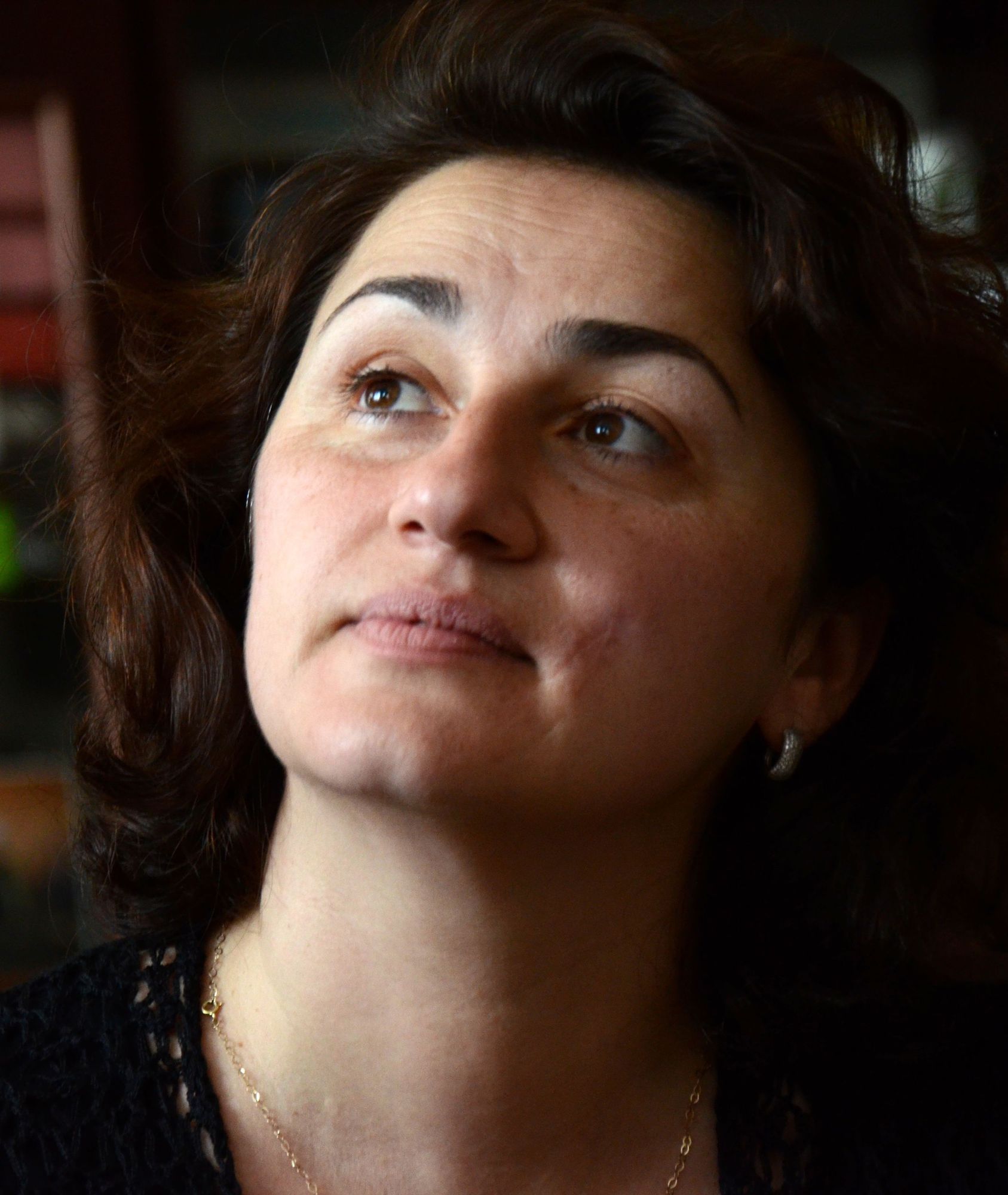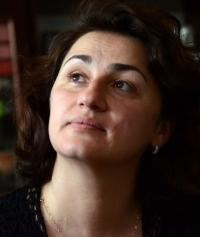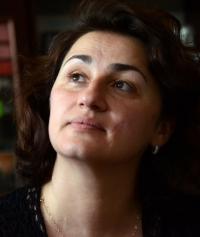Every day I hope to find him at the doorstep

Download image
Zemfira Aslanovna Agajeva was born in the village of Kargaron in 1971. In 1992 she got married and moved to Beslan in North Ossetia. Her mother tongue is Ossetian but while in kindergarten she learned Russian. To this day, her family speaks in both languages. She attended elementary school along with children coming from Russian families and had good relations whit them. In 1993 her first son Saška was born, followed three years later by son Žorik and in 2003 by daughter Vika. During the Beslan school siege, Vika was seven months old. On 1 September 2004 she took a picture of both her sons, dressed them up nicely, bought large bouquets and set out to school. She breastfed the little Vika and fortunately left her home. The terrorists rushed Zemfira and her younger son Žorik to the gym. The older son Saška managed to escape. Later, it turned out that he and his classmate hid in the school aula. She had spent the first day of the siege along with Žorik and the other hostages in the gym, witnessing a murder of her sister’s husband. The hostages were suffering from dehydration. As Zemfira was breastfeeding the little Vika, she had enough breast milk to feed the small children around her. Even the adults were begging for it. On the third day the explosions began. One of them threw Zemfira out through a window and towards the garages. A militia man carried her from there, avoiding the gunfire. After the explosion, her older son Saška escaped through a window. Her son Žorik was never found. To this day the family didn’t accept his death even though he was officially buried. They hope that the terrorists had left with some of the children. Some 200 people remained missing after the siege. Zemfira Agajeva works as a laboratory technician in a local clinic and brings up Saša and Vika. She wants her children to study foreign languages and to respect all nationalities. The family considered moving to Chechnya but eventually decided to stay in their motherland.

